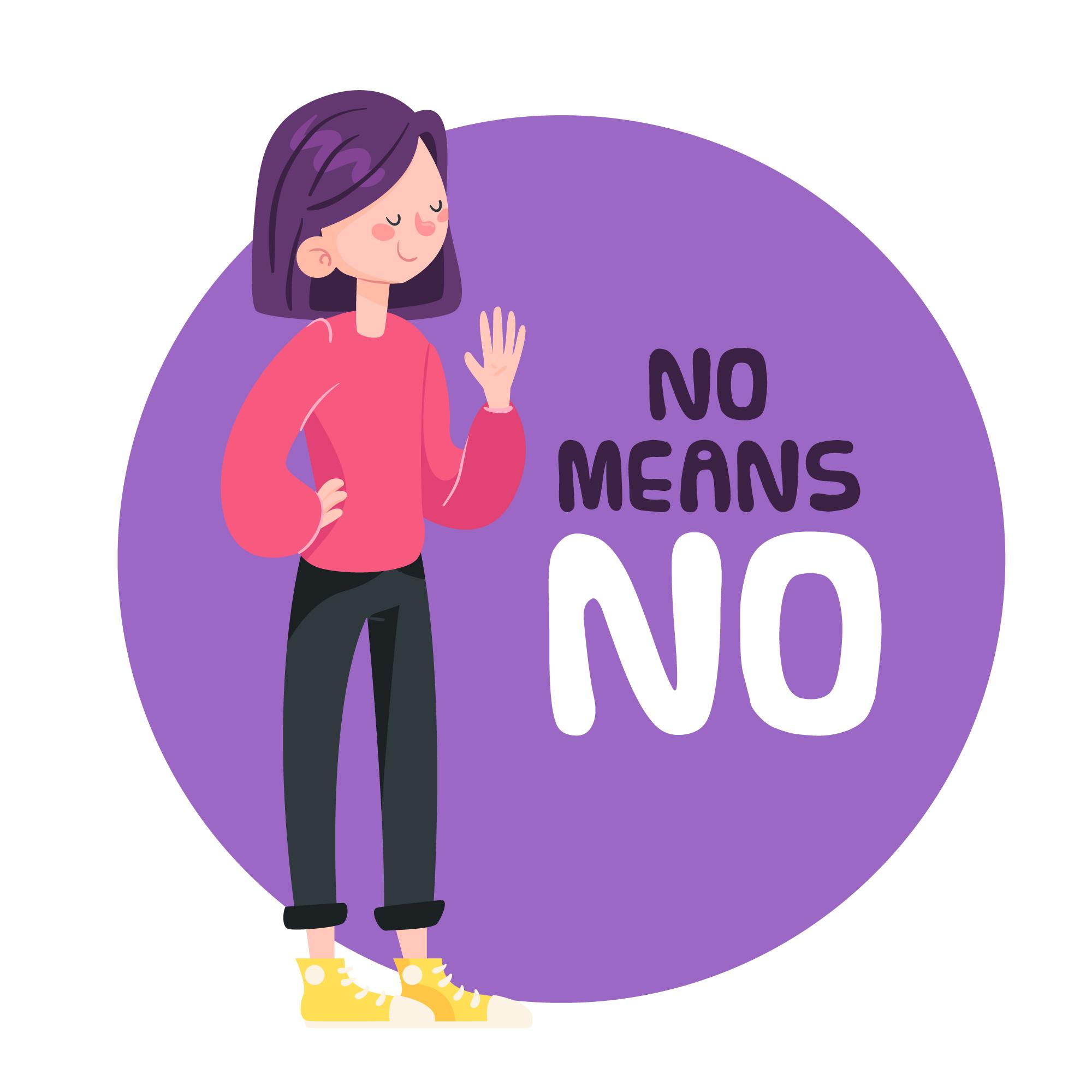Most of us struggle with saying no. Whether it’s turning down extra work, declining a social invitation, or pushing back against financial pressure, the word often feels heavy. We worry about disappointing others, sounding rude, or missing out. But saying no isn’t about being harsh—it’s about being clear, confident, and respectful. In fact, learning this skill can protect your time, energy, and financial well-being. Think about situations like being invited to spend on something that doesn’t align with your budget goals, even while working on debt consolidation. Saying no in those moments is not rejection of people—it’s prioritizing what matters most to you.
Why Saying No Matters
Saying yes to everything may seem easier in the moment, but it usually comes with long-term costs. Constantly overcommitting can lead to burnout, resentment, or strained finances. Saying no creates the space you need to focus on priorities and stay aligned with your values. It allows you to be intentional with your time and money instead of spreading yourself thin. No matter the context—work, family, or friendships—setting healthy boundaries makes your yeses more meaningful.
Shift Your Mindset About No
The first step to saying no with confidence is changing how you think about it. Many people treat no as a rejection or a negative word, but really it’s an act of honesty. When you say no, you’re being upfront about your capacity and values. This honesty builds trust, because people know your yes will always be genuine. Think of no as a tool for alignment rather than avoidance. It helps you stay consistent with your commitments without overextending yourself.
Be Clear and Direct
When it’s time to say no, clarity is your best friend. Long explanations or excessive apologies can make your message less effective and leave room for pressure. A simple, direct response is respectful and confident. For example, “I appreciate the offer, but I can’t take that on right now,” communicates your decision without unnecessary detail. By keeping your response straightforward, you show respect for both your time and the other person’s.
Respect Without Over-Apologizing
Many people over-apologize when saying no, as if they’re doing something wrong. But setting boundaries is not something you need to feel guilty about. While it’s polite to express gratitude or understanding, avoid framing your no with repeated apologies. Instead of “I’m so sorry, I feel terrible, I wish I could,” try “Thank you for thinking of me, but I’ll have to pass this time.” Respectful language shows kindness without undermining your own decision.
Offer Alternatives When Possible
Sometimes you may not be able to say yes, but you can still offer something helpful. For example, if a coworker asks for your help and you don’t have time, you could suggest another resource or offer to assist at a later date. In social situations, you might propose a lower-cost alternative if money is the concern. This keeps the relationship strong while maintaining your boundaries. It shows that your no is about circumstances, not about rejecting the person.
Practice Before You Need It
Like any skill, saying no gets easier with practice. Role-playing scenarios or rehearsing short phrases can help you feel more confident when the time comes. You can even practice in low-stakes situations, such as declining an extra store promotion at checkout. Over time, these small moments build your confidence so that saying no in more personal or high-pressure situations feels natural.
Stay Firm Under Pressure
Sometimes people push back when they hear no. In those moments, staying calm and repeating your response is important. You don’t owe anyone a detailed justification. A polite but firm “I understand, but my answer is no” is enough. Remember, people may not like your boundaries at first, but the more consistent you are, the more they’ll learn to respect them.
Celebrate the Benefits of Boundaries
Every time you say no respectfully, you protect your time, energy, and financial health. Over time, this builds confidence in your decision-making and helps you live more intentionally. Instead of feeling guilty, remind yourself of the benefits: reduced stress, healthier relationships, and progress toward your goals. Saying no frees you to say yes to the things that truly matter.
Conclusion: No as a Positive Choice
Saying no doesn’t have to be awkward or confrontational. By shifting your mindset, being clear and respectful, and staying consistent, you can use no as a powerful tool for protecting what matters most to you. Far from being selfish, it’s one of the most respectful things you can do—for yourself and for others. With practice, you’ll find that saying no confidently creates more room for genuine connections, better choices, and a healthier balance in every area of life.
